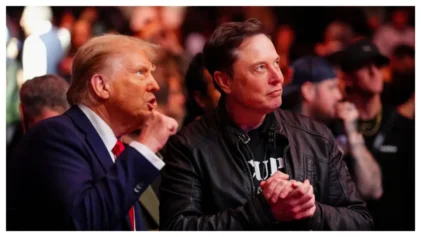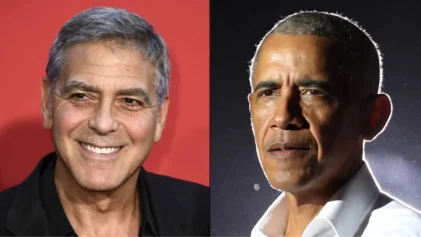Vice president Joe Biden joined civil rights leaders and lawmakers on a demonstration over the weekend commemorating the “Blood Sunday” voting rights march that turned violent in Selma, Ala. almost 50 years ago.
Biden and several southern congressmen along with Georgia Rep. John Lewis, who was present for the original march, returned to Selma for Sunday’s demonstration.
“We didn’t give up. We didn’t give in,” Lewis said, reminding a crowd of supporters, of the long journey Selma has taken since the civil rights movement.
“But we’re not there yet,” he added.
On March 7, 1965, a group of more than 500 civil rights marchers left Selma, marching toward Montgomery, the capital. As they reached the Edmund Pettus Bridge in Selma, Alabama state troopers armed with nightsticks and tear gas attacked them, injuring dozens of protestors. Though the march was not completed that day, nationally televised and published images helped the civil rights movement gain widespread support as more Americans became aware of southern racism.
Biden apologized for his absence during the original march, recalling those same broadcasted images. He spoke at the Martin and Coretta King Unity Brunch on Sunday.
“I feel a lot of guilt, like many in my generation, that I could have been here, I should have been here 48 years ago,” Biden said. “But I wanted my daughter (and) my sister to be with me here 48 years later.”
Born out of Bloody Sunday was the Voting Rights Act of 1965, which implemented federal supervision of states believed to be infringing on their citizens’ right to vote. The law is now being challenged in the Supreme Court, with some states claiming that it is no longer necessary to maintain fair and transparent voting practices.
However, the recent implementation of voter identification laws and other new polling legislation suggests that the law may still be needed in modern day America. Biden and Attorney General Eric Holder made clear mention to the challenges facing voters, and the need to defend against discrimination based on race or any other factors.
In statements prepared for Sunday’s Edmund Pettus Bridge Crossing, Holder voiced his own defense of the Voting Rights Ac against those who would deem it unconstitutional.
“Let me be clear: although our nation has indeed changed, although the South is far different now, and although progress has indeed been made, we are not yet at the point where the most vital part of the Voting Rights Act can be deemed unnecessary,” the statements read. “The struggle for voting rights for all Americans must continue — and it will.”


